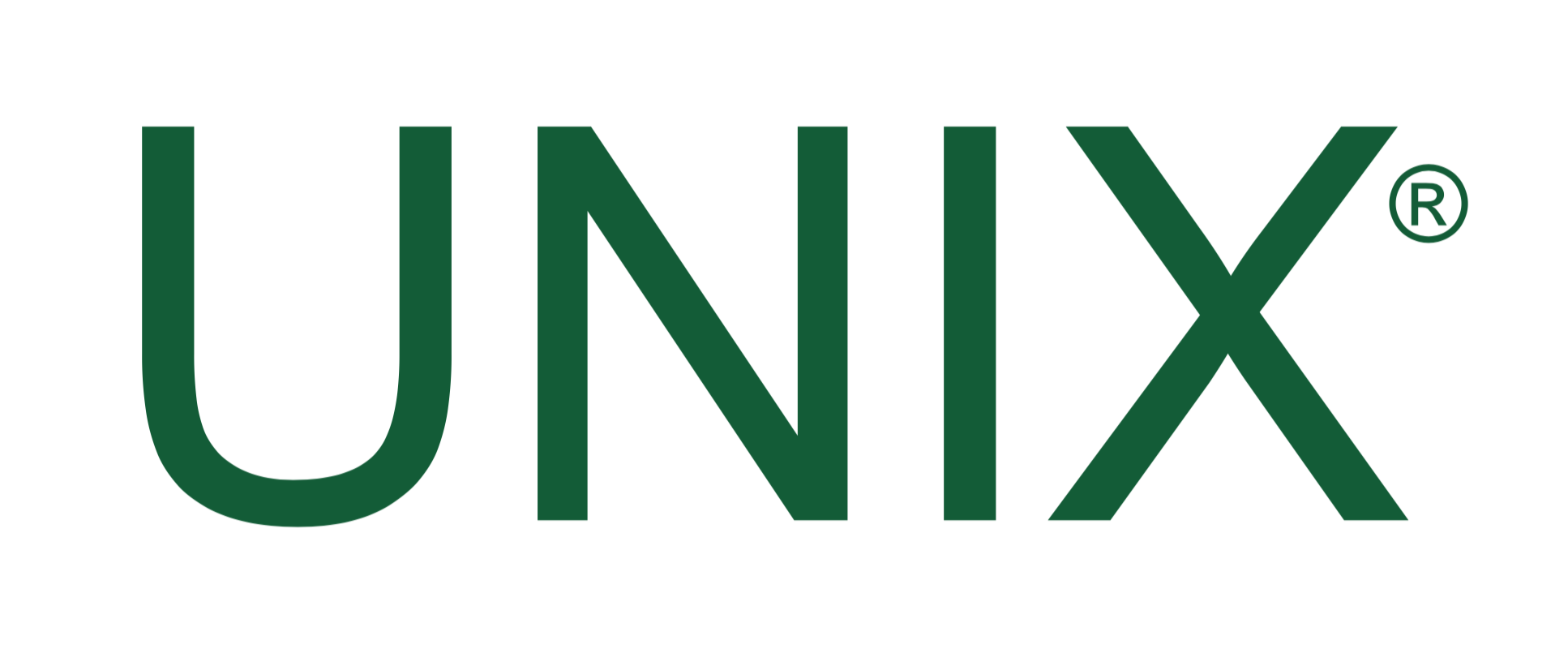Is there a database system which is created, developed and/or designed more "in the spirit" of FreeBSD?
Obviously, Berkley DB was originally created and developed as part of BSD, so is probably a strong contender.
If the question was about Unix rather than FreeBSD specifically, would the answer be different?
Obviously, Berkley DB was originally created and developed as part of BSD, so is probably a strong contender.
If the question was about Unix rather than FreeBSD specifically, would the answer be different?

